Like Nietzsche, Arthur Schopenhauer saw our "will" — an irrational, blind force that leads to ceaseless striving and suffering — as being the primary motivating force of our actions.
This momentum operates at the subconscious level. It cannot be logically understood, but it can be mediated and guided through.
In comparison to the thinkers he influenced like Nietzsche, Tolstoy, and Freud, Schopenhauer’s world seems bleak. And in many ways he’s right.
Our environment lets our will run in disgusting directions; swiping on dating apps, engorging ourselves on cheap and toxic foods; spending the day in front of the screen. At least the ancient man was propelled by his will into the natural environment. We’ve been pulled out of it.
In Schopenhauer's eyes, the only force that tempers our will is aesthetic experience; art, music, beauty, architecture, mental and physical fitness.
If we can’t cultivate an aesthetic life, we’re bound to turn into the physical and spiritual equivalent of a Soviet apartment block: drab, grey, and worn. A utilitarian object that houses something resembling the shadow of a soul.
"Life swings like a pendulum backward and forward between pain and boredom."
Arthur Schopenhauer
Aesthetics allows us to transcend our individual desires and the suffering that traps us. The will is momentarily silenced and the knowing subject and the known object become one. Our wants and pains are muted and we can see the world in its pure, objectified form. This is the profound liberation from the tyranny of self, a calling to the capacity for personal and cultural achievement.
Many philosophers have underscored the importance of aesthetics.
Plato believed that beauty acted as a conduit, a ladder that could elevate one's soul to the divine. Even Friedrich Nietzsche — who was critical of Schopenhauers’s pessimism — agreed that art serves a redemptive purpose:
“Art is the supreme task and the truly metaphysical activity in this life."
Our modern digital world, with its endless pace and distractions, leaves us feeling adrift, yearning for meaning. Self-sabotage and ugliness become the norm. We’re pulled towards meaningless and cheap pleasures that our environment provides in abundance and we sit there with an open mouth wondering why we feel bloated and miserable by it all.
We turn to satisfy ourselves with material items, endless entertainment, or, we put our heads down and work to block it all out — a better option, sure, but pointless if we are too distracted by our goals to engage with the aesthetic spirit of the world.
There's a pervasive virus in our culture that happiness can be found in the "next big thing." We keep chasing the feeling like a hamster on a wheel, hoping we’ll find lasting satisfaction. It’s a cycle we’ve designed to appeal to our base desires but it doesn’t satisfy our deepest, most profound, needs as human beings.
No matter how much we accumulate or achieve, the "will" keeps us in a state of perpetual want. Think of how excited we get prior to an experience, only to feel unsatisfied or discouraged in the actual experiencing moment when it comes. We become addicted to these temporary feelings. And they are just that — temporary. They don't address the root of our discontent because they are apparitions.
If we want to be spiritually healthy people, it’s crucial we understand the importance of aesthetics to provide perspective, meaning, and connection.
If you’ve ever spent time in an old city, you know this feeling.
Cities, towns, and personal spaces that are designed with aesthetic intention don't just look better — they feel better. People act differently. There is an unspoken understanding among the group. One’s reaction to seeing someone throw trash in a Madrid cobblestone fountain will differ from watching someone litter in a fetid New York alleyway.
Beautiful things elevate everyday experiences; they offer moments of relief, gratitude, and peace, and they enhance our well-being by connecting us to the profound potential and spirit of our existence.
And when this beauty surrounds us, we feel compelled to contribute to it.
The artist's role transforms from that of the hobbyist painter or writer, into a symbol of our highest aspirations as people. We detach from the pure utilitarian creations around us and begin to acknowledge, once again, the necessity of beauty, just like we recognize the necessity of a well-paved road.
Celebrating and advocating for arts in education means recognizing their transformative power. It means understanding that through the arts, we aren't just learning techniques but are accessing modes of transcendence and understanding that we cannot find elsewhere.
And we can apply this transcendence to our bodies and minds as well. We can choose to sculpt details into our physique that serve no material purpose other than beauty. We can choose to seek ourselves as a work of art that we’re responsible for creating. Health and beauty are synonymous. A healthy society is an aesthetic society. It is built on higher values that give life and aspirational intention, instead of cheap utilitarian ugliness.
Schopenhauer’s emphasis on aesthetics isn't just about appreciating art or seeking beauty in the conventional sense. It's about designing our spaces, our education, our bodies, and our lives with aesthetic intention. It's about recognizing the transformative power of aesthetics in everyday experiences.
"To banish the dark cloud of melancholy from our horizon, we have only to turn our attention to any beautiful object that chances to be at hand."
P.S…
I’ll be releasing more posts/essays/thoughts during the weekday that will be behind a $ 5-a-month paywall.
I will always have these weekend explorations open for anyone who wishes to read them, but if you like my writing, please consider supporting my work.
These weekday posts will have a more personal and actionable framework. My aim is to discuss what I’m currently reading, my work as a creative, and what I find compelling in this great and beautiful mystery called life.
My goal with these posts is to give you tools, thoughts, and ideas not just from me; but from other thinkers, artists, and writers whose ideas and philosophies can help us all live a more creative and meaningful life.
If this interests you please subscribe below.
With love,
-Joe





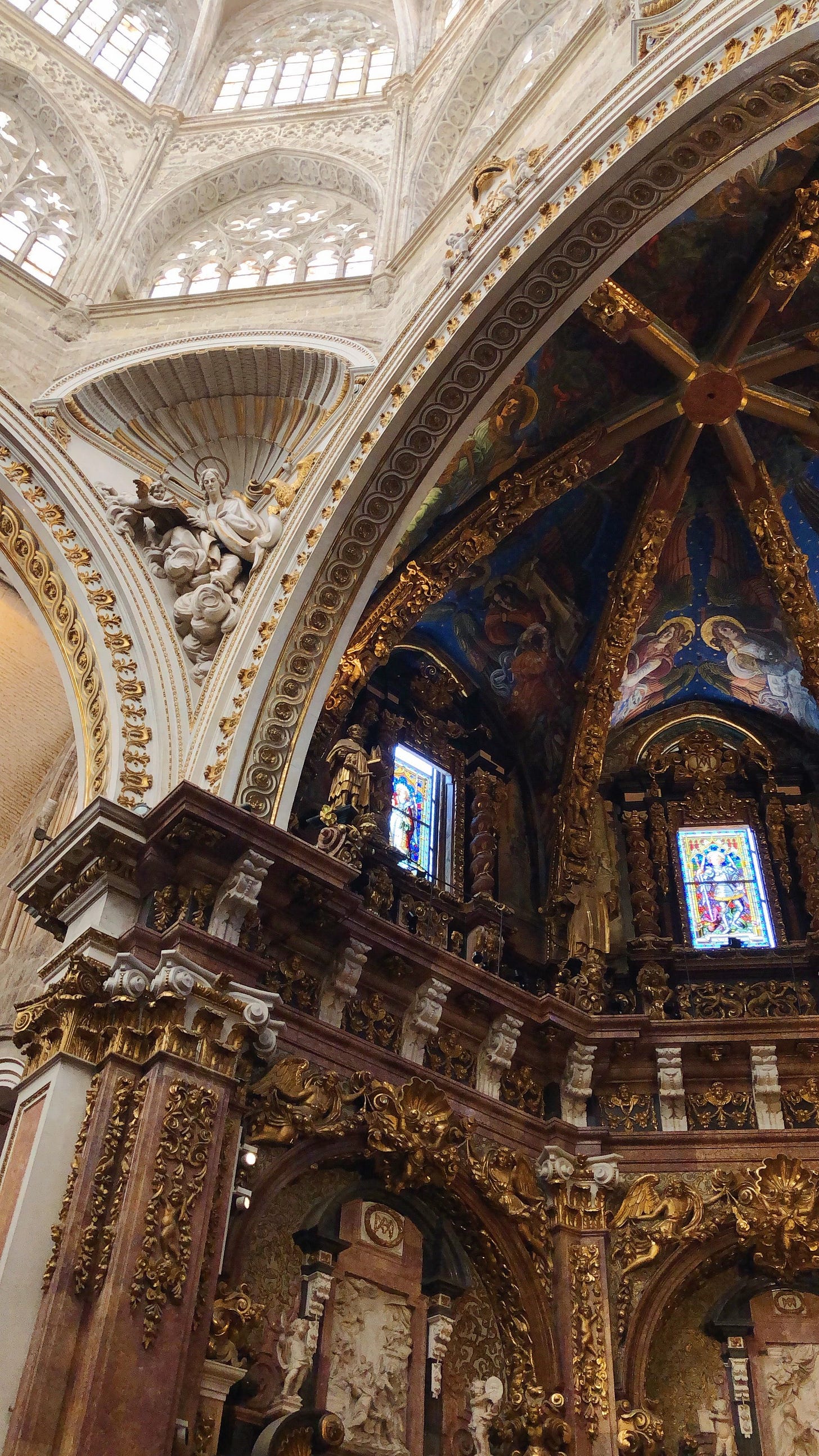

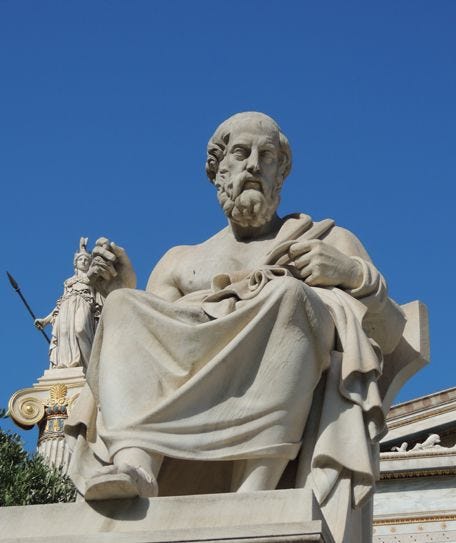
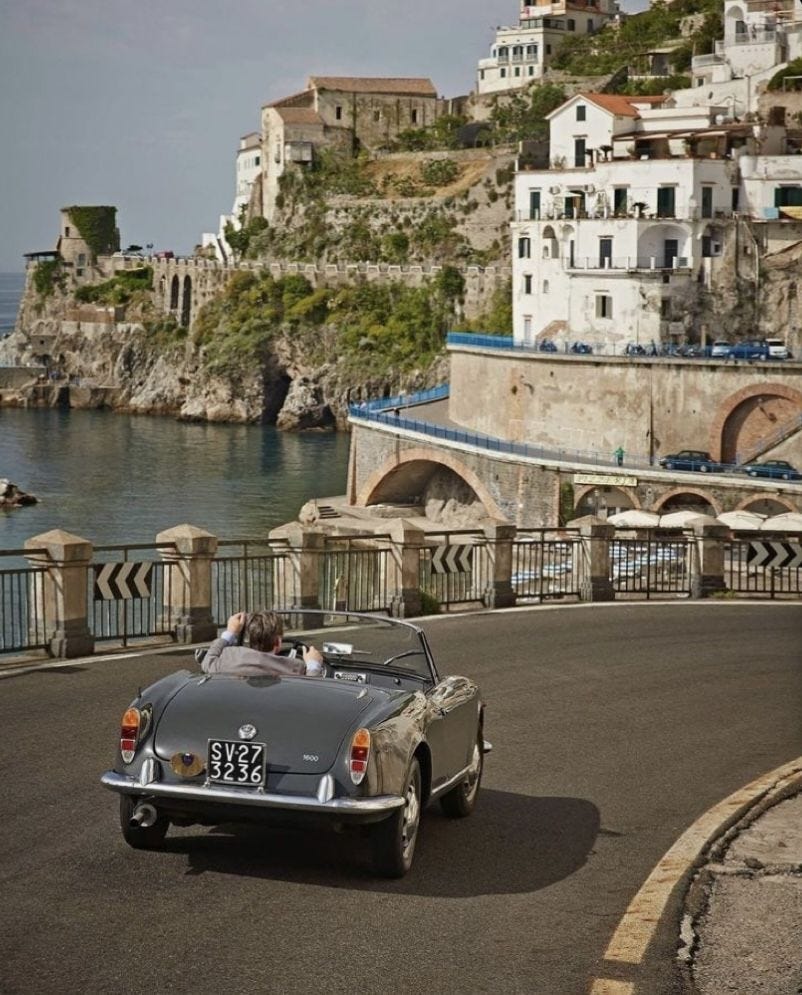
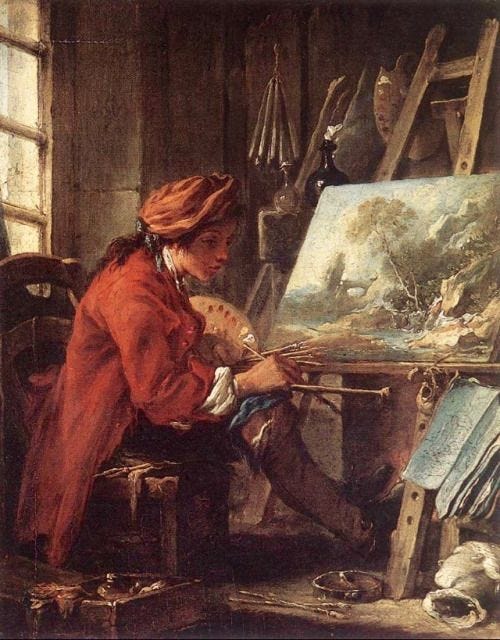
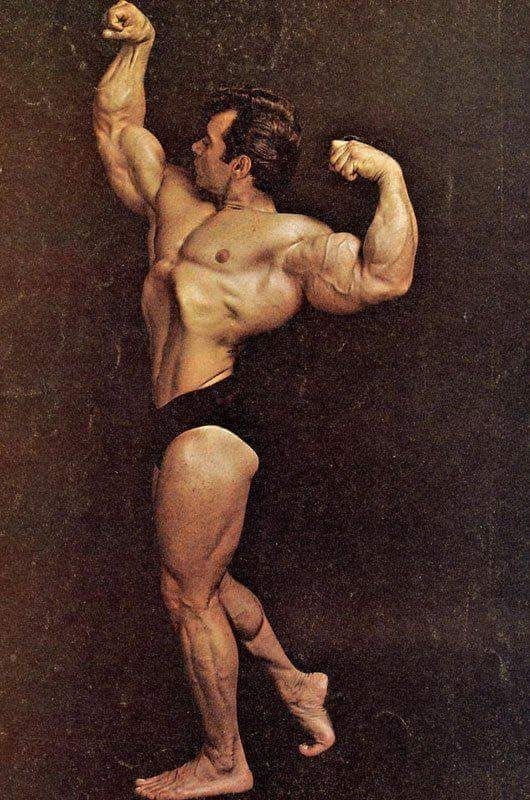

I'm glad I read this in the morning. Something to lift the spirit for the day. A beautiful reminder of the redeeming value of Beauty. As Roger Scruton eminently put it - Beauty is the ultimate value, even though we live as though it doesn't matter.
I believe, despite our modern orientation towards a materialistic and utilitarian attitude, we are redeemable. All these advancement only need to circle around, until our deep human impulses and cravings for such values as Beauty would take their place again. Our current distractions would plateau when the promises of an utilitarian world leave us completely empty and we have nothing left but to run back to values that feed our souls.